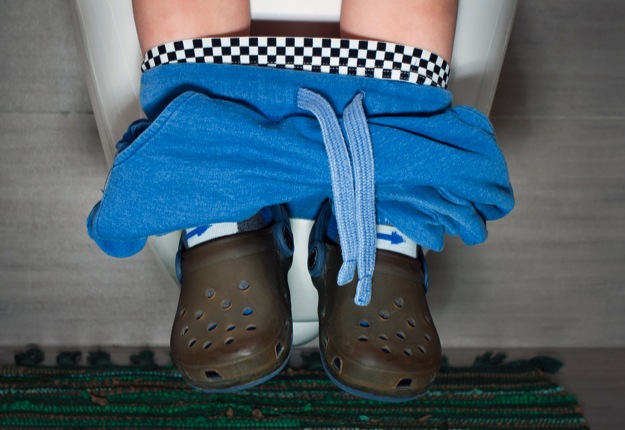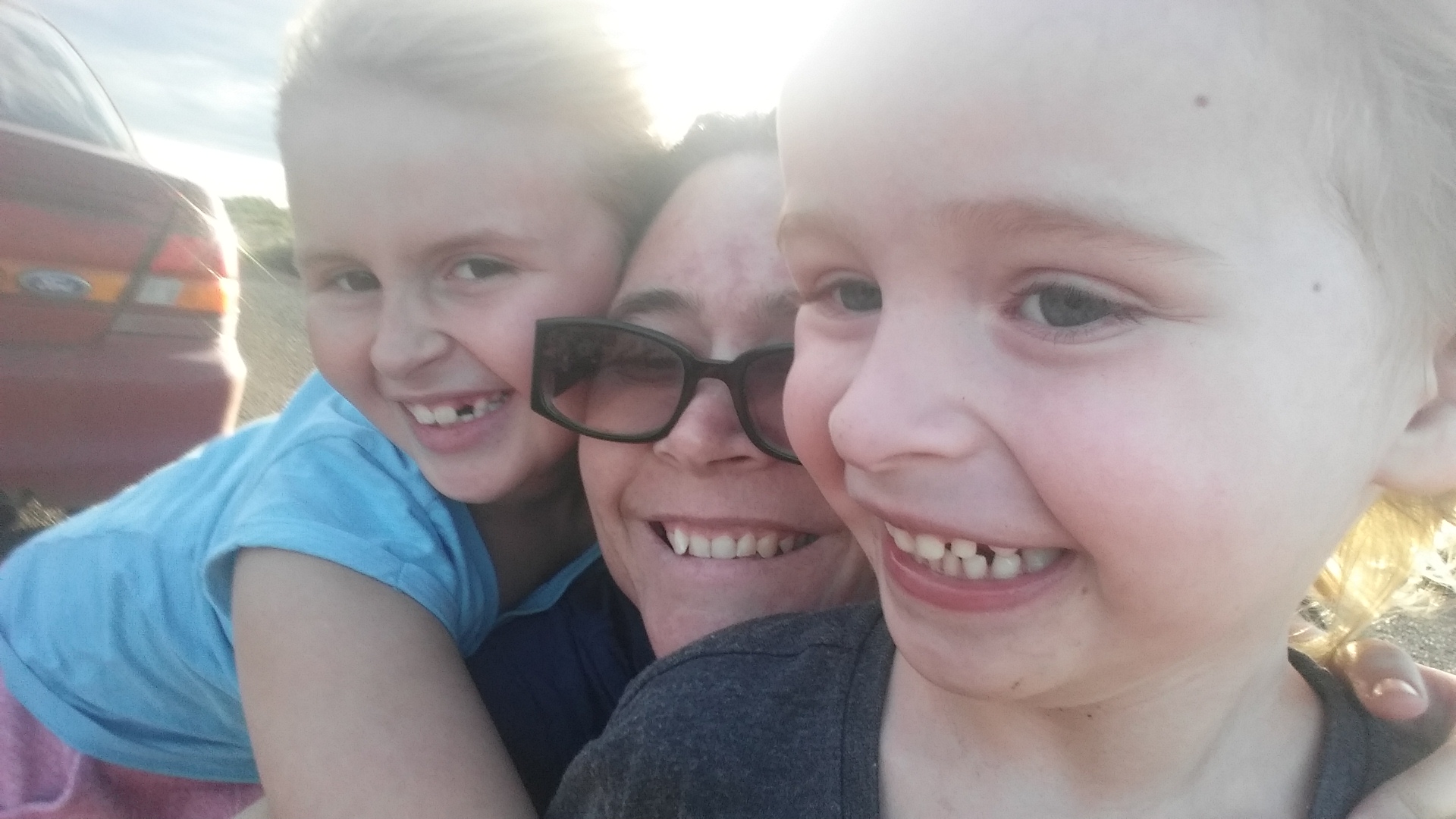There is plenty of research telling us what most of us already suspected; that parents of children with disabilities are much more prone to stress, anxiety, depression and relationship strain than other parents.
We also know that the level of social and community support that these parents receive is a major factor in how well they fare.
The most recent Australian Bureau of Statistics (ABS) census reported that one in 11 children aged between five and 14 had some form of disability – more than half with severe or profound limitations. That equates to about one in 20 children.
The parents of these children make up a sizeable portion of the 2.7 million unpaid carers across Australia who look after our most vulnerable citizens, including the 140,000 who need help with bladder and bowel control.
To draw attention to the plight of carers of children and adults with incontinence, the Continence Foundation of Australia has this year turned its focus on carers. The Foundation has launched a national campaign, Tell someone who cares: phone 1800 33 00 66.
Parents are often overlooked when the term ‘carer’ is used in this context.
The majority (63 per cent) of children’s disorders are mental or behavioural. This includes conditions such as autism, ADHD, intellectual disability and delayed development– all of which can have serious implications for bladder and bowel control.
Children’s continence nurse Janine Armocida, who is also a consultant on the National Continence Helpline, said parents were often exasperated and desperate by the time they phoned the Helpline.
Some of the more challenging behaviours parents sought help for, she said, were when children held on (avoidance) for unreasonably long periods, handled their faeces, soiled or wet themselves well beyond toilet training age, or were afraid to use the toilet.
We can help parents identify possible causes for some of these problems so they have a starting point from which to take some new approaches.
For example, the precursor to toilet avoidance was often found to be a painful bowel motion due to constipation. If you suspect constipation, have your child’s bowels checked out by your doctor or continence nurse.
Fear of the toilet may be a sensory issue for children with autism. They may not like the sound of the flushing toilet, or may feel that the toilet seat is too cold, too hot or too hard. By trying to identify the cause of their fear, parents may be able to make a few alterations to the toilet environment.
Explaining to parents why some children might handle their faeces was a significant first step towards modifying their behaviour, Ms Armocida said.
Some children handle their faeces because they can feel it coming out, or because it feels uncomfortable in their rectum. This too, can often be associated with constipation.
Other children play with their faeces because they like the tactile sensation, in which case products like playdough or kids’ slime might be introduced to their play.
Ms Armocida reassured parents that there was much that could be done to support parents trying to cope with challenging toileting behaviours. We can put parents in contact with a specialist continence service in their area when they phone us at the Helpline, she added.
As with all children, it’s important to observe your child so you know what may be holding them back; sometimes recording their bladder and bowel habits gives a pictorial of what is happening.
And remember, stay calm, be positive, reward good behaviour and ignore other behaviour.
Ms Armocida has also recommended a number of excellent resources already available for parents of children with disabilities:
- One Step at a Time; a parent’s guide to toilet skills for children with special needs available from the Victorian Continence Resource Centre (03 9816 8266),
- Toilet Training for children with special needs app from iTunes, and
- Tom’s Toilet DVD, available from the South Australian Government (13 23 24)
- One Step at a time Toilet Tipsfrom Google Play
For advice about your child’s toileting behaviours, information about financial assistance for the purchase of products and referrals to health and support services refer to the Australian Continence Foundation here.





















-

-
-
sweetsalada said
- 25 Jun 2016
-

-
-
mom81879 said
- 14 Nov 2015
-

-
-
dannsbuild said
- 15 Sep 2015
-

-
-
coastalkaryn said
- 11 Sep 2015
-

-
-
1bianca1 said
- 07 Sep 2015
-

-
-
linaianna said
- 06 Sep 2015
-

-
-
mom81879 said
- 03 Sep 2015
-

-
-
jodiev1980 said
- 30 Aug 2015
-

-
-
mom94125 said
- 03 Aug 2015
-

-
-
mom113055 said
- 25 Jul 2015

-

-
-
mom93821 said
- 19 Jul 2015
-

-
-
mom93821 said
- 18 Jul 2015
-

-
-
Cynthea Jenke said
- 17 Jul 2015
-

-
-
mom74640 said
- 17 Jul 2015

Post a comment10:47 am
8:56 am
7:43 pm
7:12 pm
2:08 pm
9:41 pm
4:36 pm
-

-
-
mom94125 replied
- 17 Oct 2015 , 6:47 pm
Reply2:45 pm
8:26 pm
7:00 pm
6:03 am
4:56 am
-

-
-
mom88528 replied
- 21 Jul 2015 , 9:24 am
Reply10:04 pm
10:28 am
To post a review/comment please join us or login so we can allocate your points.